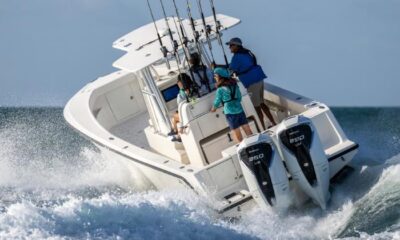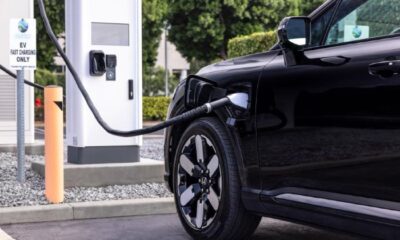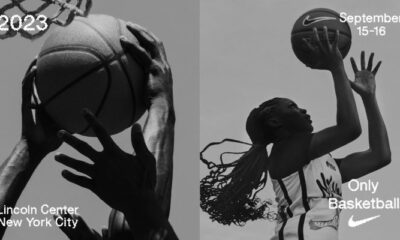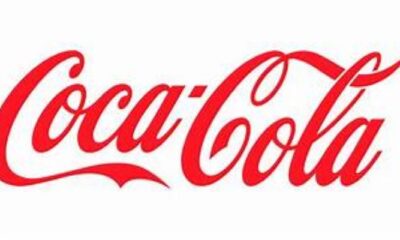Education
Queering Data, Salvaging Birds; Maya Livio Recontextualizes Conservation as Caltech’s Art + Research Resident

In research, accurate data is usually imperative. But Caltech’s Art + Research Resident, Maya Livio, is engaged in a different kind of research. Livio is “queering” data by supplementing actual data with speculative, AI-generated information to question assumptions, expose biases in data-collection processes, and imagine new ways of understanding the world.
Livio, an assistant professor of climate, environmental justice, media, and communication at American University’s School of Communication, does work that spans disciplines. Her efforts encompass research, creative practice, curation, and activism, and take form in films, media-driven projects, and academic and creative nonfiction writing.
As the spring 2023 Art + Research Resident, Livio is teaching a course at Caltech called “Environmental Media in Practice” and developing an expanded media project, “Salvaging Birds.” The residency is part of the Caltech-Huntington Program in Visual Culture, established in 2019 with funding under a grant from The Andrew W. Mellon Foundation.
“Working with Caltech students has been really lovely,” Livio says. “The fact that they’re so open to critical perspectives and understand the value of adding those to the work they do in science and engineering is incredible.”
Livio’s course encourages students to consider the intersection of environments and media through multiple frameworks.
“The first part of the course examines how dominant narratives about the environment circulate through media,” Livio says. “We look at ecocinema and environmental journalism, for example, and ask questions about how each of these frames the environment in different ways.
“In the second part, we consider the environmental impact of media itself; extraction, carbon emissions, waste, energy usage. Then in the third part, we look at how media technologies are increasingly used toward environmental research. Throughout, we also look at how creative researchers examine these areas, and then the students experiment with creative approaches in their own work.”
The class of five students will conclude their course with a case study on the Canyon Hills development project, a planned luxury housing project in the Verdugo Mountains that local residents say will endanger the ecosystem, including one of Los Angeles County’s last surviving mountain lions.
Students in Livio’s course are creating an archive of existing media documentation of the Canyon Hills site and recording the area themselves through video and data collection. For the final project, they will create video essays about their experiences with the site and what it means to capture an environment through media.
Livio’s work, particularly her current project, “Salvaging Birds,” also homes in on this practice of environmental capture and datafication.
“I’m particularly interested in some of the logics that are embedded into technical and data-driven systems,” Livio says. “For example, some folks are by now, hopefully, familiar with the bias in data on humans. But they might be less informed about biases as they pertain to nonhuman animals like bird datasets, which still feature significantly more male birds because they’re often more colorful, showier, and more easily observed.”
“Salvaging Birds,” which Livio calls an “expanded nonfiction project,” includes an essay, sound piece, and short film in development. The project examines conservation and biodiversity data on birds, tracing data from older archives (specimen collections, birdsong recordings, and scientific illustrations) to newer practices such as tagging birds with tracking devices and using artificial intelligence to parse data.
“I was drawn to the Caltech-Huntington residency for many reasons,” Livio says. “Brian Jacobson [professor of visual culture at Caltech] is a tremendous scholar working on environmental media questions. Pietro Perona [Caltech’s Allen E. Puckett Professor of Electrical Engineering] helped develop tools like iNaturalist and Merlin Bird ID, and he is so central to work on computer vision and birds. Also, The Huntington has one of the copies of [John J.] Audubon’s The Birds of America.”
As part of “Salvaging Birds,” Livio is training AI software on images from The Birds of America, a historically regarded collection of bird illustrations published in the early 1800s. “To be clear, Audubon bought and sold slaves and is a figure who we should be thinking about critically,” Livio says, adding that The Birds of America, like many bird datasets, particularly highlights male birds and heterosexual bird pairs. “For the film, I’m training neural networks to make imaginary female, queer, and intersex birds in Audubon’s style as a way to intervene in that kind of archive.”
“Salvaging Birds” also augments birdsong data with AI-generated birdsongs. “I think of this creative intervention as a way to not only address bias but also critically use AI to create data proxies,” Livio says. “One of the things I want to do is open up a set of textured questions that don’t have easy answers. Of course, we want to help repair environmental damage and collect more data toward those ends. But there are also underlying assumptions in environmental datafication that should be surfaced, whether that’s the biases embedded into data or other kinds of harms.”
Livio characterizes her relationship to data as “deeply messy.” With a microbiologist mother and astrophysicist father, Livio grew up with an appreciation for the natural environment and the scientific perspectives used to understand it. Now, applying a critical lens to environmental technologies, Livio works in conversation and collaboration with scientists and non-scientist experts around these questions.
“The answers, like birds, won’t come in neat binaries, but asking them and approaching them creatively can help to support richer, more robust, and more just environmental research.”
Source – Caltech
-

 Auto2 years ago
Auto2 years agoHonda Marine Debuts All-New BF350 Outboard Company’s First V8 Motor Available Commercially, Flagship Model Offers Premium Power and Unparalleled Performance for Extraordinary Boating Experiences
-

 Auto2 years ago
Auto2 years agoNew Features Further Increase Desirability Of Bentayga Range
-

 Technology2 years ago
Technology2 years agoOracle Partners with TELMEX-Triara to Become the Only Hyperscaler with Two Cloud Regions in Mexico
-

 Auto2 years ago
Auto2 years agoHonda and Acura Electric Vehicles Will Have Access to Largest EV Charging Networks in North America Aided by New Agreements with EVgo and Electrify America
-

 Lifestyle2 years ago
Lifestyle2 years ago2023 Nike World Basketball Festival Brings the Best of Basketball Style, Culture and Community














